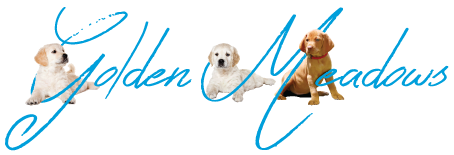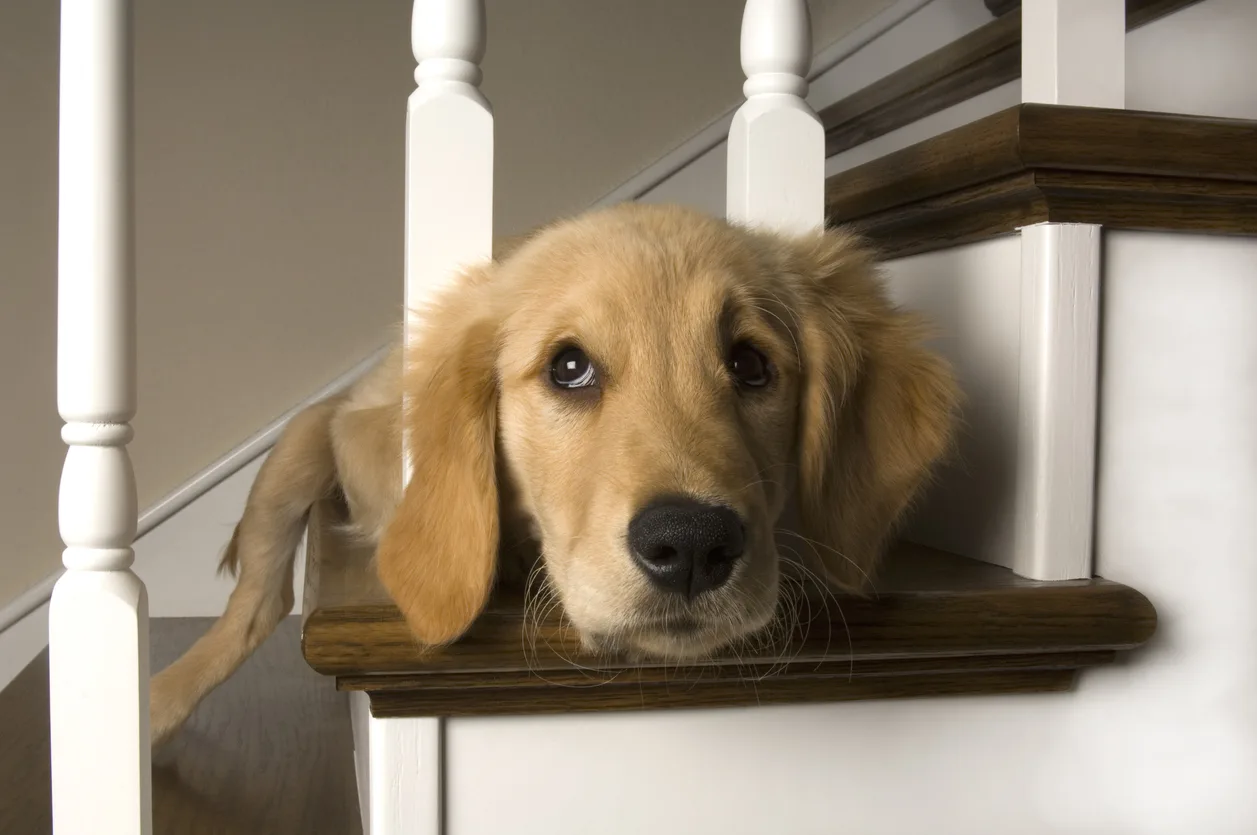Bringing home a new puppy is equally thrilling and terrifying. You have this squiggly, lovable little bundle of joy to laugh at and admire, but raising a dog from puppyhood also comes with a long list of responsibilities. Responsible adopters recognize this in advance (that’s you!), and work to ensure that the new furry friend has everything he needs to grow up big, strong, and happy long into the future.
Make no mistake; your puppy can and WILL get into everything he or she can reach. Expect cupboard doors to open. Plan for forays into the refrigerator if the door gets left open. And that new cushion? Well…it may become a very large chew toy.
These are the sacrifices we make to keep our dogs happy but don’t assume that all is lost. A little bit of puppy-proofing goes a long way; here’s how to achieve balance well in advance.
Plants
One of the biggest precursors to accidental canine poisoning incidents, household and outdoor garden plants are just too tempting for many dogs. They see pretty flowers and green foliage and immediately want a taste for themselves. Others have an intense need to reorganize the dirt in the bottom of the pot – most frequently placing it all over your nice, white carpet instead. Keep household plants up and out of the way.
If you have existing plants or you’re considering bringing in new plants, be sure to verify that they aren’t toxic to dogs in the first place.
Trash Cans
To a human, a trash can is something to be avoided; it stinks, and it’s filled with icky refuse. To a dog, trash cans are miraculous – a Pandora’s Box of joy containing a mixture of new and interesting scents and flavors. Unfortunately, it can also be extremely dangerous for your new puppy if left in easy reach.
Common refuse items like sharp plastic, tampons, pads, old toothpaste containers, and even empty medicine bottles make tempting chew toys but can lead to cuts in the mouth, poisoning, and even bowel obstruction. Like plants, you should keep them up and out of the way at all times.
Toilets
Some dogs just can’t resist drinking out of the toilet, but this behavior should be discouraged. Bacteria can line the inner bowl, potentially making your puppy sick. Worse yet, particularly small puppies could even attempt to jump in head-first and be unable to get out. It takes just minutes for a puppy to drown in a few inches of water. Keep the lid down at all times when it’s not in use.
Pools
Outdoor pools are responsible for killing hundreds of children throughout the world each year. The same is true for dogs; though they can swim, they also tire easily in the water. This is especially true of puppies. Keep the pool fenced off and never allow your puppy to swim without assistance.
Slippery Floors
Slippery floors – one of the most commonly overlooked house hazards in homes today. Unlike electrical cords or trash cans, many new dog owners don’t factor in just how problematic slippery or waxed floors can be. But careening around the corner and having his feet go out from under him can cause a plethora of injuries for young dogs.
Some of the most common after-effects are dislocations, fractures, and ligament tears, the latter of which often requires surgery. If you have particularly smooth floors, lay down rugs to help provide Turbo with some traction.
Electrical Cords
Electrical cords are dangerous for puppies in individually important ways. Primarily, they present a clear and present danger to your dog if he or she decides to chomp down on them because they look like a fun toy. But some cords may also present a choking hazard if they become wrapped around your dog’s neck, too. This is particularly true of hanging pendant lamps and other high-up cordage that hangs down.
Tuck electrical cords up and out of the way when possible, or wrap exposed portions of cord in light PVC piping. While you’ll still want to discourage your puppy from chewing, the PVC will protect him from shock if a sudden chomp occurs.
Fireplaces
There’s nothing quite like lying on the living room floor with your dog, relaxing while you watch the flames. Well, that’s true for older dogs who have more sense and training. Your puppy, however, may not yet understand fire and the need to stay away from it. In his excitement, he may stumble into the fireplace, burn his fur, or even burn his mouth grabbing a hot coal that pops out onto the stone flooring.
Use a strong, fine-mesh fireplace cover to prevent coals from escaping. If needed, drive two large nails into the wall at the midpoint on the outer sides of your fireplace and anchor the cover into place on either side. Choosing a cover made from cast or wrought iron will also prevent accidental tipping that allows your dog access.
Small Clothing Items
Socks. Underwear. Anything particularly smelly. Dogs love these small clothing items and often become sock monsters as they age. This isn’t really a problem if they simply carry them around and/or hide them (at least not for them), but issues can occur if the fabric rips and they swallow little pieces. Bowel obstruction and twists can occur and can be life-threatening if not addressed quickly. Keep these out of reach and/or in a laundry basket and provide plenty of safe toys.
Stairs & Steps
Your little bundle of joy loves dashing around in excitement, but dashing down the steps can be too much for little legs. Use baby gates or close doors to stairs and steps until you’re sure your little fuzz monster has the hang of getting up and down them.
Litter Boxes
Most of us find the litter box repulsive; your dog, unfortunately, isn’t quite as turned off. Cat feces is remarkably smelly and appealing to some dogs. It isn’t unusual to hear of them snacking on it randomly throughout the day. But clay in your dog’s gastrointestinal tract is dangerous; it can cause blockages and infections. Keep the litter box in a separate room and install a cat door to prevent unwanted issues.
Windows
If you’re thinking that a simple windscreen is enough to keep your dog inside, think again. It takes only one misplaced claw or tooth to tear through most screens, giving your dog immediate access to the outdoors without supervision. A dog that escapes out a window unseen can harm themselves falling from it or travel great distances into danger without pet parents even realizing for the first little while. Keep windows closed or install metal mesh screens for better durability.
Chemicals
Cleaning products. Laundry soap. Those little packets that you toss in the wash to make it smell fantastic. You know not to eat them, but your puppy doesn’t. These items and other household cleaners can be tempting for little mouths (both child and canine) and should be tucked up out of sight at all times. This includes bath products, chemicals, pool products, aquarium testing kits, motor oil, and anything else you wouldn’t want your dog to ingest.
One of the best ways to keep your new puppy safe is to think like a puppy yourself. Get down on all fours as small as you can and have a good look around; what do you see? Is there anything you can easily reach that you shouldn’t be able to reach as a puppy? If so, find a way to eliminate the problem before you bring Rover home.

